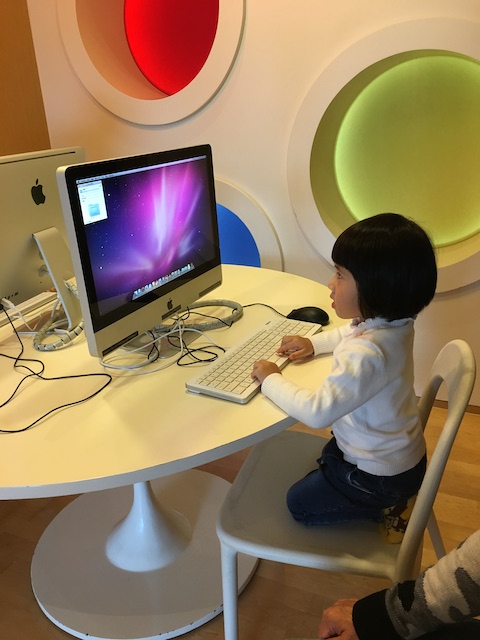Before, no one taught me how to learn, nor did I take the initiative to study how to learn. For many people, if you go to school, you are studying. Because, a student sits in a classroom and listens to the teacher. That’s called learning, isn’t it?
However, as soon as the exam comes, some people get poor grades, and they will be blamed for ‘not studying hard’, ‘day-dreaming in class’, or even ‘not a material to study’.
I have always believed that students should be responsible for their own grades, but when it comes to ‘study hard’, what does ‘study hard’ even mean? How do I study hard? And those who day-dream, why would they day-dream in lessons? And for God’s sake, ‘you are not a material of study’, this sentence is often heard by Asians, and it’s equivalent to saying that your genes are bad, and no matter how hard you read or work hard, it will be in vain.
Is it really like that? Of course NOT!
When I took the online course ‘Learning how to learn’, listening to professor Barbara Oakley talk about her own experience and realising how our brains work was really eye-opening!
Recommend Online Open Course (FREE!!)
Learning How to Learn: Powerful mental tools to help you master tough subjects
Others Prof. Barbara Oakley Online Open Courses (Also FREE!!)
Mindshift: Break Through Obstacles to Learning and Discover Your Hidden Potential
Here are What I Learned from the Course
- Test yourself. How to know if you’ve remembered the new knowledge? Give yourself a test.
- Minimise highlighting. The more you highlight, the more you think you’ve learned.
- Mistakes are good. It’s a way to learn too!
- Repeated practice
- Use deliberate practice. Especially those weak points, practice more!
- Plenty of spaced repetition. Take some rest between practices. Non-stop practicing isn’t a good way to learn. The brain needs time to solidify what you’ve learned.
- Visualise. Put the knowledge you’ve learned into pictures/graphics, something visible. It helps to form into long-term memories.
- Group the memory(e.x. associate with numbers)
- Use memory palace
- Focus on learning process, not product.
- Procrastination can be a habit. Noticed that you like to procrastinate? Time to stop that!
- Use pomodoro technique against procrastination
- Set the concentration time to 25 minutes. Remove all possible elements that can distract you. When you successfully concentrate for 25 minutes, give yourself a 5 minute break.
- Kids’ concentration time is shorter, normally is ‘age+1’, meaning if you were aged 5, then the concentration time would be 6 minutes. When the kid grown up to 15 year-old, they should be able to concentrate for 25 minutes.
- Don’t just follow your passion, broaden passion! It may not be enough to learn according to your own passion. You should also look at reality. For example, can the skills you learn help you find a job? Do you REALLY have no interest in something you’re not good at?
- For teachers: use rubric
- mention the criteria you’ll be using
- an explicit description of the expectation for the criteria
- use a point value or rating value
- For students: use Hard Start Technique
- scan through questions→pick up the difficult one→start working on the difficult one→pull out while feeling stuck→work on the easy one→work on the difficult one again


